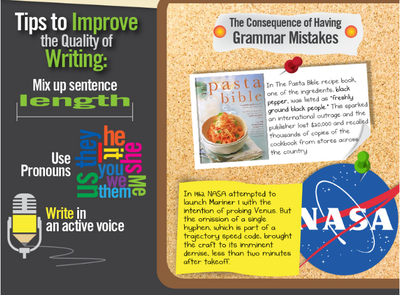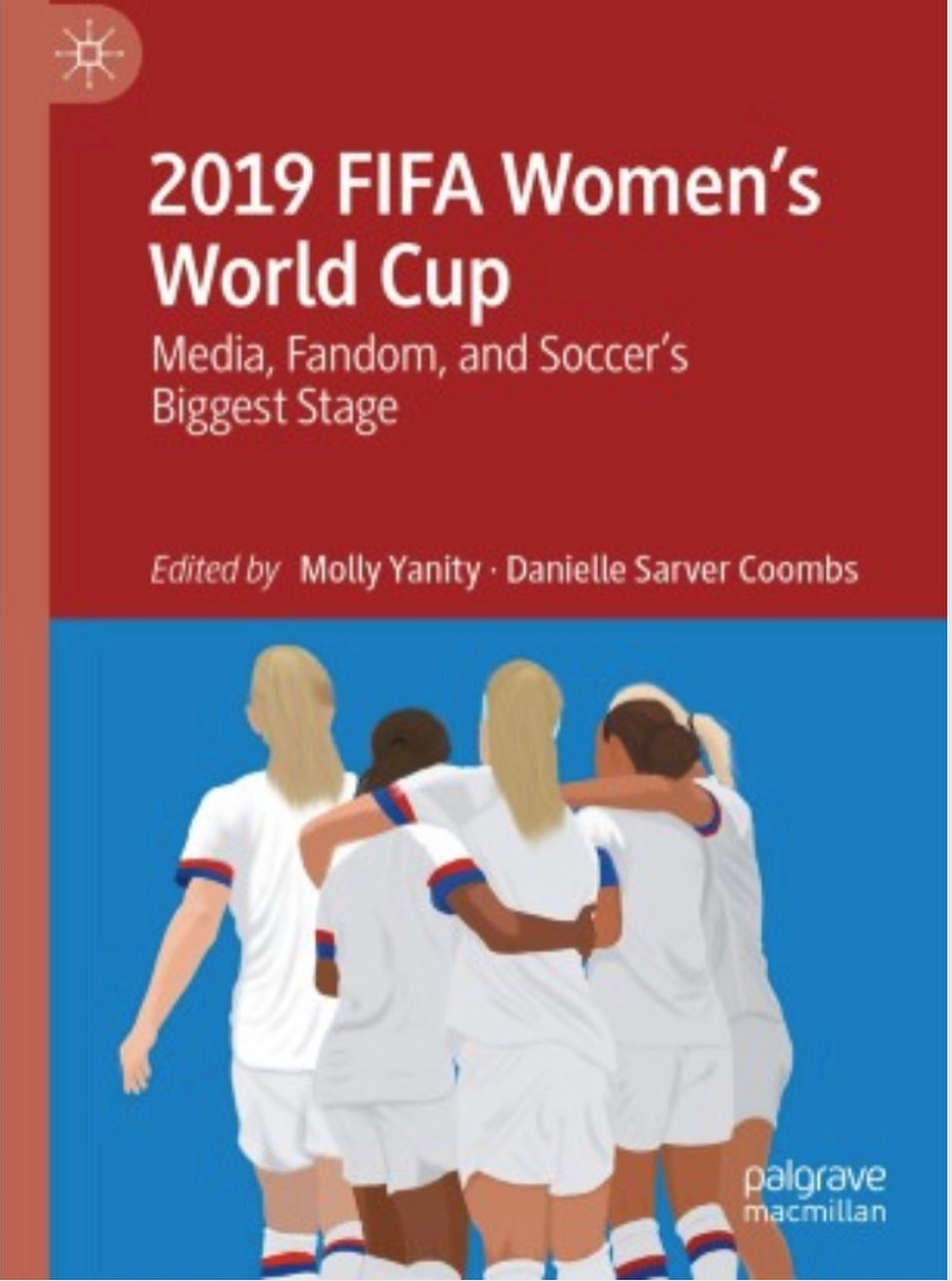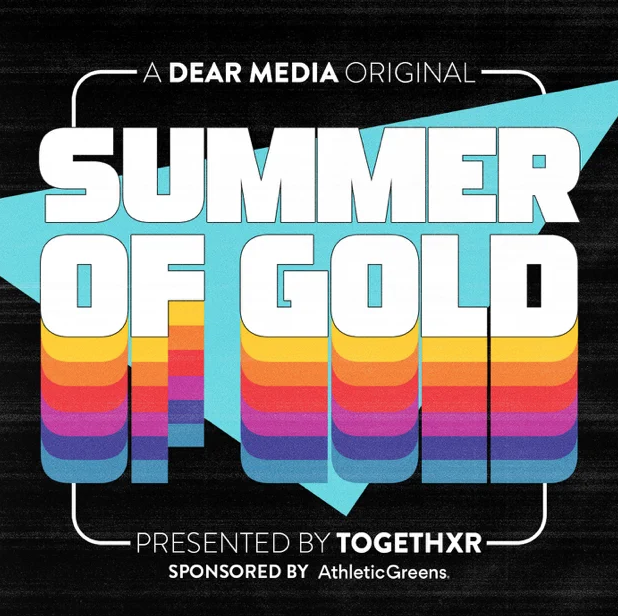|
WEEK 9: When you're passionate... | WEEK 10: The little things count  This is a great graphic from GrammarCheck.net. Click on it to see the full graphic. This is a great graphic from GrammarCheck.net. Click on it to see the full graphic. Throughout these summer posts, I have harped a lot on paying attention to words, on creating "scene," of appealing to the senses and on really doing your homework. I've also called on you to be concise, thorough, compassionate and passionate. The last lesson I leave you with this summer may be the simplest of all. However, for many of us, it is the most difficult. GRAMMAR COUNTS. SPELLING COUNTS. PUNCTUATION COUNTS. THE LITTLE THINGS COUNT. Check out this article. THIS is why grammar is important, it reads: "Grammar, regardless of the country or the language, is the foundation for communication — the better the grammar, the clearer the message, the more likelihood of understanding the message’s intent and meaning. That is what communication is all about. " "Ugh." I swear, I could hear your collective groan. But, with all the big ideas and ideals I've tossed out this summer, I promise you, nothing will crush your credibility the way screwing up the small stuff does. Bad grammar makes you look either ignorant or sloppy. Do you want either of those things? Of course not. Remember back to #QUReads Week 1 when I suggested you start writing short, or, if you were to play basketball, you'd start with layups before chucking up three-point shots. Well, consider this: If you don't know how to dribble, you are never going to get to take shots. Grammar? Punctuation? These little things are the dribbling of journalism. So, let's dribble. I leave you with three small things to know (or, I hope, remember) before classes resume... 1.) Punctuation goes INSIDE the quotation marks. See the first paragraph I wrote? The comma after SCENE is before the quotation mark. UGH? Same thing -- that's a period inside the quotation mark. 2.) Know what a misplaced modifier is and, well, don't misplace them. 3.) Spell names correctly. Even if you think you know it, ASK. I once got a job because I called a sport editor to ask if his name was spelled with a "y" or an "i." Bryan was thrilled I asked. (That being said, I've also spelled someone's name wrong in a story. Imagine how upset that person was. (Let's just say, she was UPSET -- and rightfully so. It was something I never wanted to repeat.) I could list many more (such as, knowing the difference between "you're/your," as well as understanding when to use "their/there/they're." This is just a start. If you need help, ask for it. There are plenty of free, online resources. There are in-the-flesh resources on college and high school campuses. That's why we are here.
0 Comments
Leave a Reply. |
2019 FIFA Women's World Cup: Media, Fandom, and Soccer's Biggest Stage is available online and in hardback from Palgrave Macmillan.
Molly Yanity, Ph.D.
|


